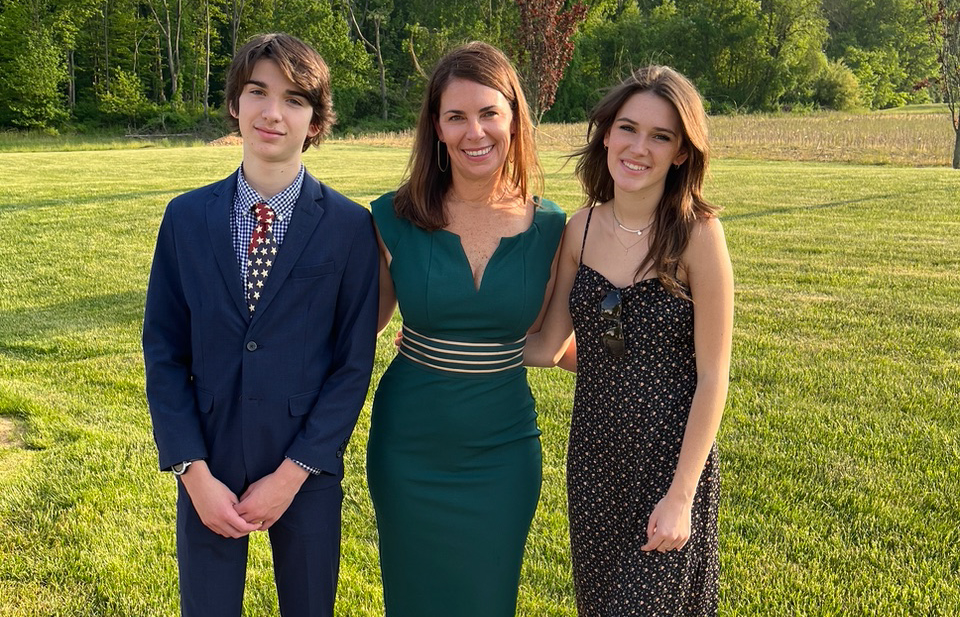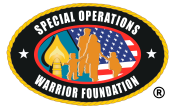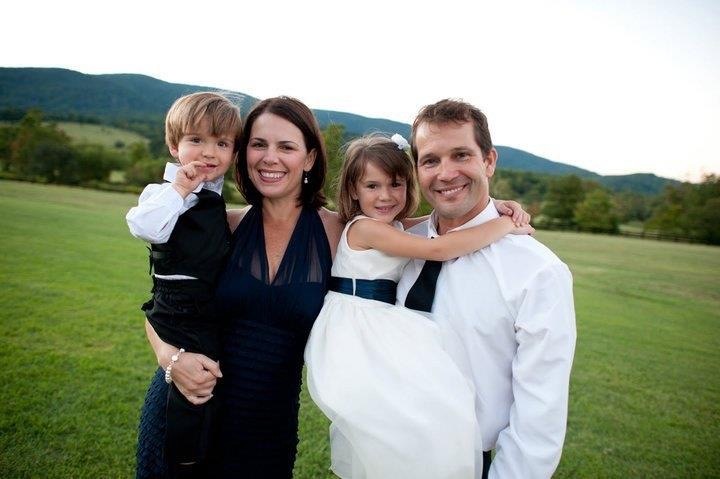By Jennifer Collins
As I looked down at the text message on my phone, panic rising, I was hoping that those words from my husband meant anything but what I knew in my heart they meant.
Just two months earlier, Dave had confided in me that after 25 years of serving his country, he was suffering the effects of grueling back-to-back deployments, countless combat missions, and the loss of more than 80 teammates.
He was anxious, forgetful, and depressed. He hadn’t been sleeping for more than an hour or two a night for months. His cognitive skills were noticeably deteriorating.
Over the course of several months, I tried desperately to get him help. Doctors tried their best, but they didn’t understand what he was facing.
His issues were the cost of a career as a Navy SEAL — high-intensity training, the stress of operations and being away from home, the trauma of war, injury, and death. The op-tempo of special operators means they often don’t sleep well nor eat well, which are two of the body’s main recovery mechanisms.
In Dave’s case, and that of many of his teammates, the stress load was exacerbated by repeated concussions and brain injuries resulting from combat.
But back in 2014, researchers were just starting to piece some of this together. Although I understood that Dave’s constellation of symptoms needed a multi-specialty approach, there was literally no program that could help him.
Feeling broken and hopeless, Dave took his life that cold and cloudy March day.
It’s almost impossible to explain the feeling of chaos, the non-stop stream of people coming in and out of the house, the exhaustion of worry about how we’d make it without him, and the overwhelming feeling that life was out of control.
Our children, Grace and Sam, were 6 and 9 at the time. Because Dave was recently retired, we didn’t receive the benefits that are typically provided when a service member dies on active duty. Moreover, because his death was self-inflicted, we were denied his life insurance.
A friend told me to call Special Operations Warrior Foundation. I remember speaking with Lisa DeLong, Scholarship and Student Success Advocate, who said that while the eligibility at that time did not include our family, it was something the board would be considering at its next meeting. Moreover, Lisa pledged to me that whatever the outcome, she would personally help me navigate the confusing and challenging path to VA and GI Bill benefits that were available.
A few months later, I received a call from SOWF, then-President and CEO, VADM (Ret) Joe Maguire, who said the board unanimously voted to change eligibility requirements to account for situations like ours. Although I had never met him, VADM Maguire told me he knew Dave and was so honored to support my children.
I didn’t know it at the time, but personal care and involvement are the hallmarks of the SOWF team. They are truly invested in my family.
It has been said that education is our passport to the future. The support from Special Operations Warrior Foundation has been nothing short of life changing.
Beginning in elementary school, the Foundation provided tutoring for Sam when it became apparent, he was not reading on grade level. Although he improved significantly, it was clear he was still struggling with things that shouldn’t have been an issue.
Thanks to support from SOWF, Sam was evaluated by a developmental optometrist, who diagnosed him with both saccadic and binocular dysfunction. In short, Sam’s eyes were not tracking the words on the page as they should have been. A year’s worth of weekly therapy, generously paid for by the Foundation, fixed the issue.
In fact, Sam, a high school junior, is now taking flight lessons and plans to major in professional flight in college. He has a career goal of flying for a major commercial airline.
After Grace began falling behind in classes in high school, SOWF paid for testing that uncovered previously undiagnosed attention deficit disorder. Now a sophomore at Old Dominion University, Grace is succeeding at school and utilizing a SOWF-provided organizational coach to learn skills and mechanisms to keep on track.
Both of my children were being hampered by issues that we would have never known about had it not been for SOWF support. More importantly, these challenges were treatable and with SOWF’s help, both kids are now thriving in their academic and personal paths.
But the most impactful has been the promise of a college education.
Prior to Dave’s death, I was an Assistant Vice President at a university. The job was demanding and consuming. Had I stayed, I would not have been able to give Grace and Sam the attention they needed to heal. By lifting some of the financial burden, Special Operations Warrior Foundation allowed me to take a position that was more conducive to ensuring the kids’ wellbeing.
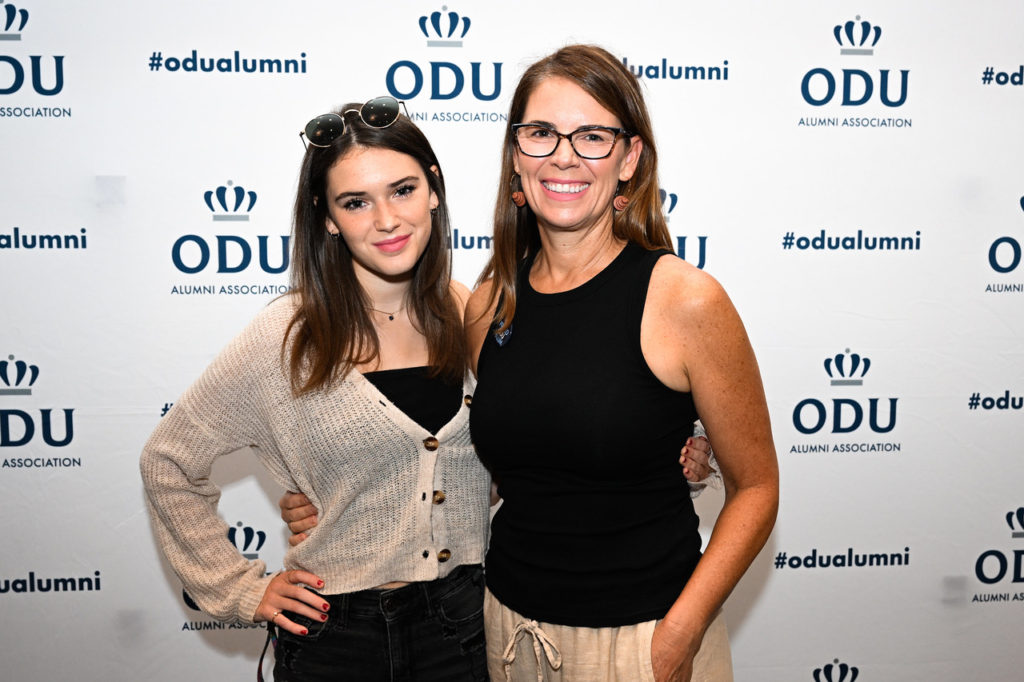
Grace is studying communications, is in a sorority, and is planning to study abroad. As the guitarist of a successful acoustic duo, she has been interviewed locally in the newspaper, and on radio and television. She wants to work as a journalist or public relations professional and is interviewing for internships. She is able to enjoy all college has to offer and focus on her academics because of SOWF’s tuition scholarship.
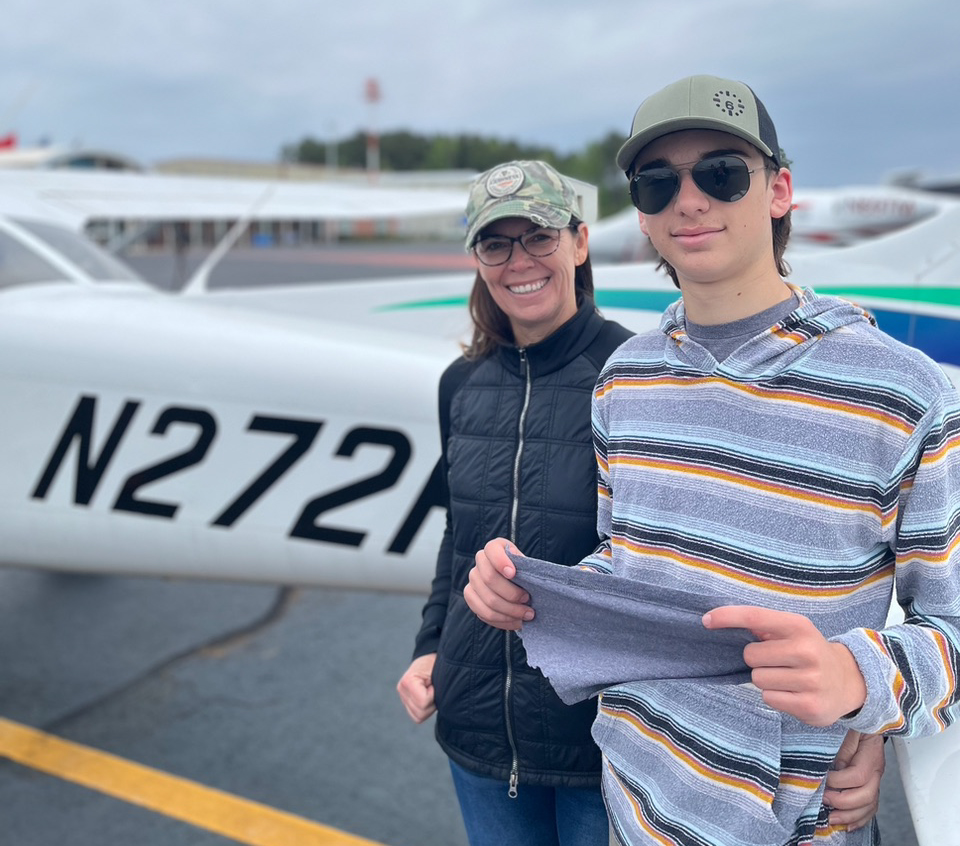
As I already noted, Sam wants to study aviation and become a commercial airline pilot. There is a shortage of pilots in the United States and a four-year degree is preferred by the big airlines. Yet, the cost of pursuing a bachelor’s degree with a commercial pilot’s license is staggeringly prohibitive. If it were not for SOWF, it wouldn’t be possible for Sam to chase his passion.
Benjamin Franklin said, “An investment in knowledge pays the best interest.”
These two wonderful kids are thriving because of support from the staff and donors of the Special Operations Warrior Foundation. I can think of no greater return on investment.
